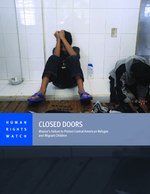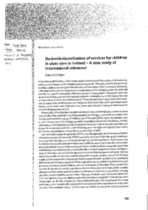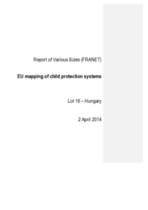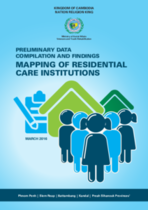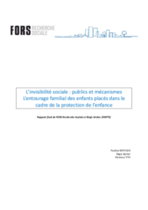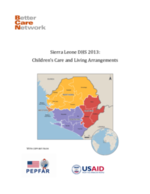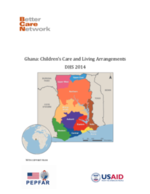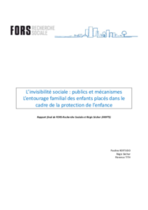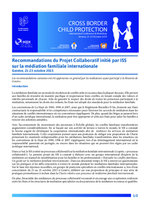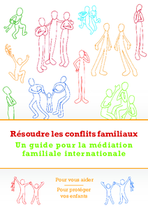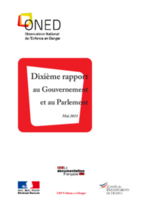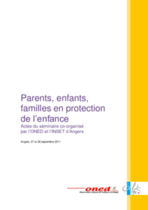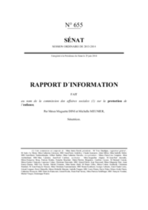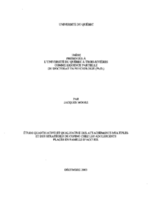La question spécifique de l'entourage familial des enfants placés dans le cadre de la protection de l'enfance apparaît tout particulièrement complexe et intéressante. Dans la plupart des études jusqu'à présent menées, seule la question du rapport aux institutions des parents d'enfants placés est réellement abordée. En revanche, les questions relatives aux trajectoires individuelles des membres de l'entourage familial des enfants placés dans le cadre la protection de l'enfance, à leur vécu et expérience, au de ressenti de leur situation, aux rapports avec leur entourage et réseau social, et enfin à leur besoin de visibilité et de reconnaissance ne sont pas traitées ni analysées, et méritent une attention particulière. C'est pourquoi l'Observatoire National de la Pauvreté et de l'Exclusion Sociale français a commandé une recherche exploratoire sur le sujet, dont les résultats sont ici présentés.

